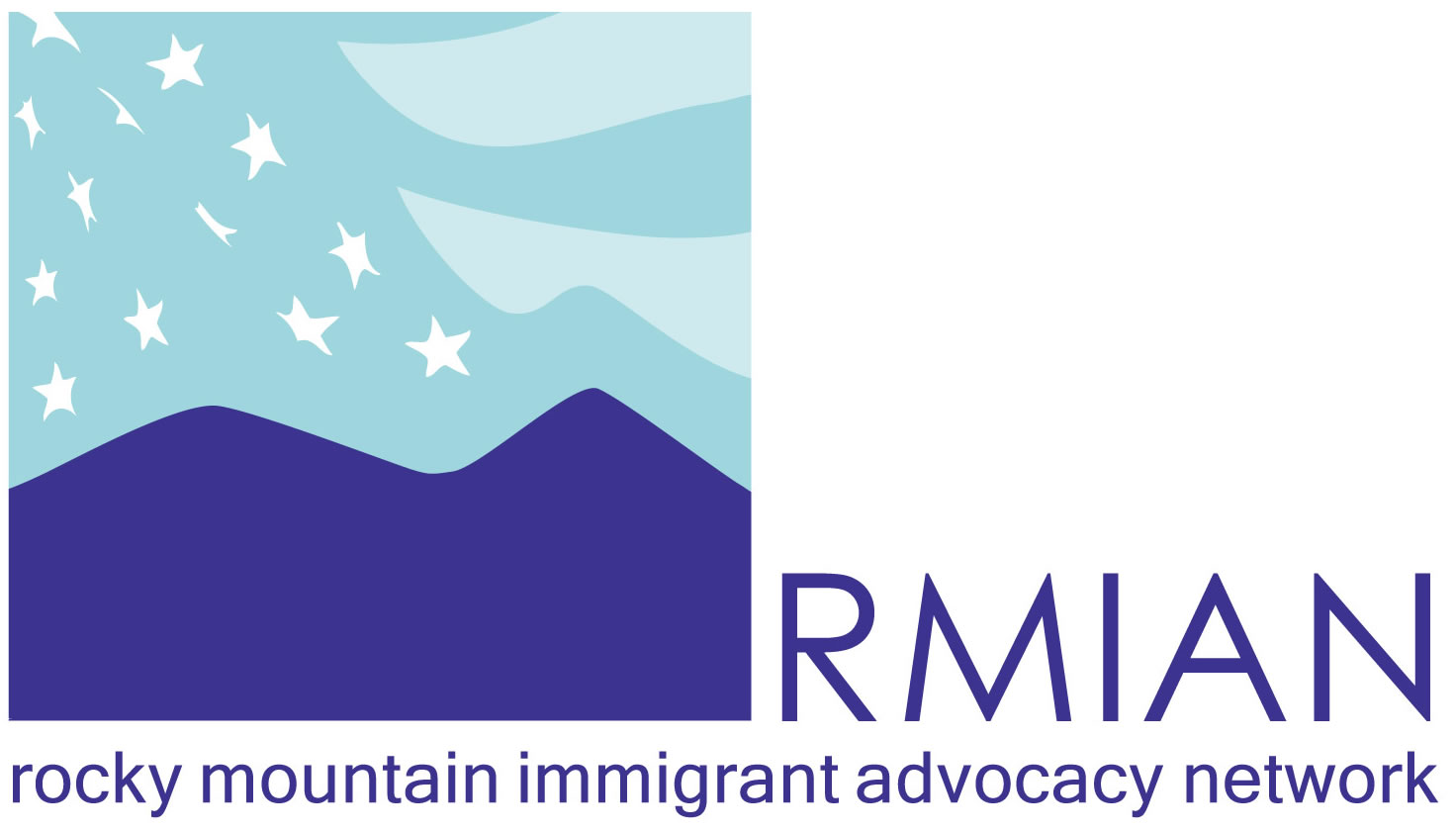RMIAN Attorney Natalie Petrucci reflects on her time volunteering in Dilley, Texas
Dilley, TX: Population 3674. Home to watermelons, a prison, and the nation’s largest family detention center, the South Texas Family Residential Center. Run by one of the nation's most notorious private prison companies, the Dilley “baby jail” houses over 2,000 women and children tucked away on a barren desert landscape. The water is not potable and upon entry, signs warn pregnant women to keep out due to the presence of hazardous chemicals. It is here, that the U.S. government detains women and children who have arrived at our borders seeking asylum. It is also where the cruelest impacts of the administration’s “zero tolerance” family separation policy can be witnessed in the eyes of mothers and children who only recently were reunited, yet behind detention walls.
With the generous support of RMIAN, I recently spent a week in Dilley, TX as a legal volunteer with the CARA Pro Bono Project. Every week, the fiercely dedicated CARA team shepherds a new group of lawyers and Spanish language volunteers through an immigration/asylum 101 training followed by 14+ hour days of legal triage and assistance to the women and children in the detention center. It felt more like an ER than a legal clinic.
Among other pressing legal work, volunteers prep each individual woman to prepare them for their Credible Fear Interviews; the first hurdle in a lengthy legal process to apply for asylum in the U.S. Every meeting was daunting. Many of the women left our meeting emotionally drained, but empowered. Ultimately, 99% of the clients served by the project are found to have a credible fear of persecution in their home countries. This high success rate can be attributed to the courage of the individual women telling their stories, the strength of their claims, and finally, to the essential access to legal counsel provided by the CARA Pro Bono Project.
My week volunteering in Dilley will continue to inform my work with RMIAN’s Children’s Program. Now when I encounter unrepresented families at court and see the familiar paperwork provided by CARA volunteers, I find myself pausing and thinking back. While I can never know all that they have endured in family detention, I now have more information, a better sense of one aspect of their journey to Colorado. Still, these families are not yet fully safe, nor fully free. Many continue to be shackled with ankle monitors. Many continue to carry the non-visible scars of detention. And all of them lack legal counsel, a key predictor of ultimate case outcome, as represented immigrants are nearly five times more likely than their unrepresented counterparts to obtain relief.
Dilley reminded me that dedicated individuals can make a difference. Lawyers, teachers, and even bilingual musicians can use their skills to promote justice for immigrant and refugee populations in profound ways. However, this is not enough. Universal legal representation should be a right for every immigrant and asylum seeker awaiting their day in court. As the threat of prolonged and expanded family detention looms large, we must support permanent measures to ensure due process for these families who have so much at stake. For many fleeing heinous violence, the situation is truly one of life or death.
Natalie Petrucci
Representation Fellow / Staff Attorney
RMIAN Children's Program
